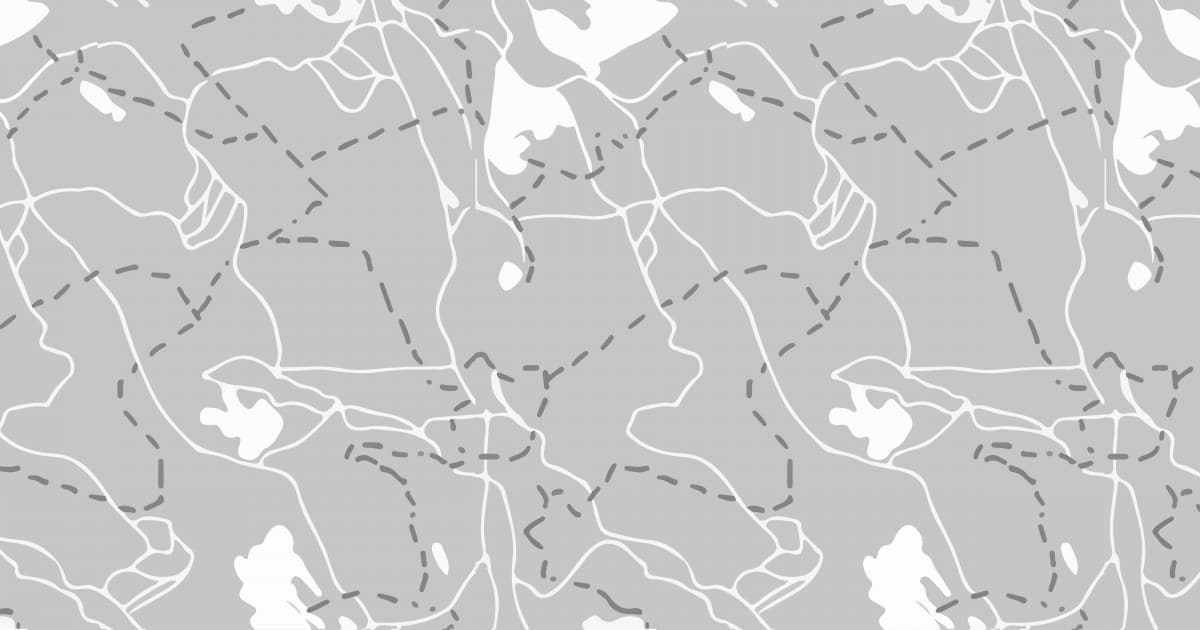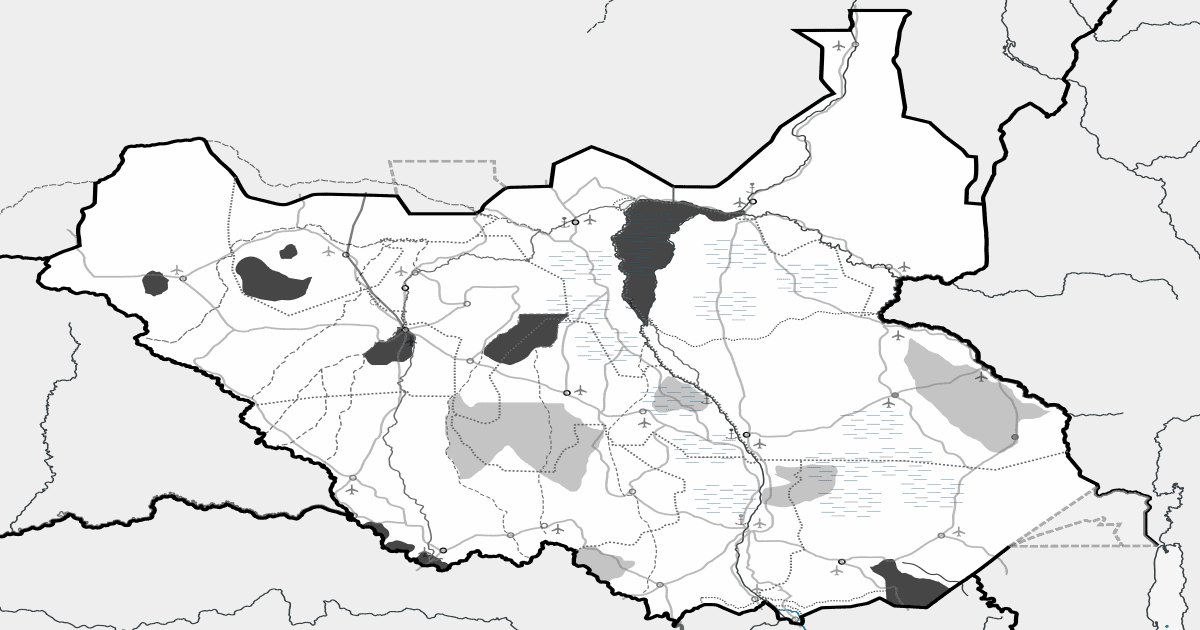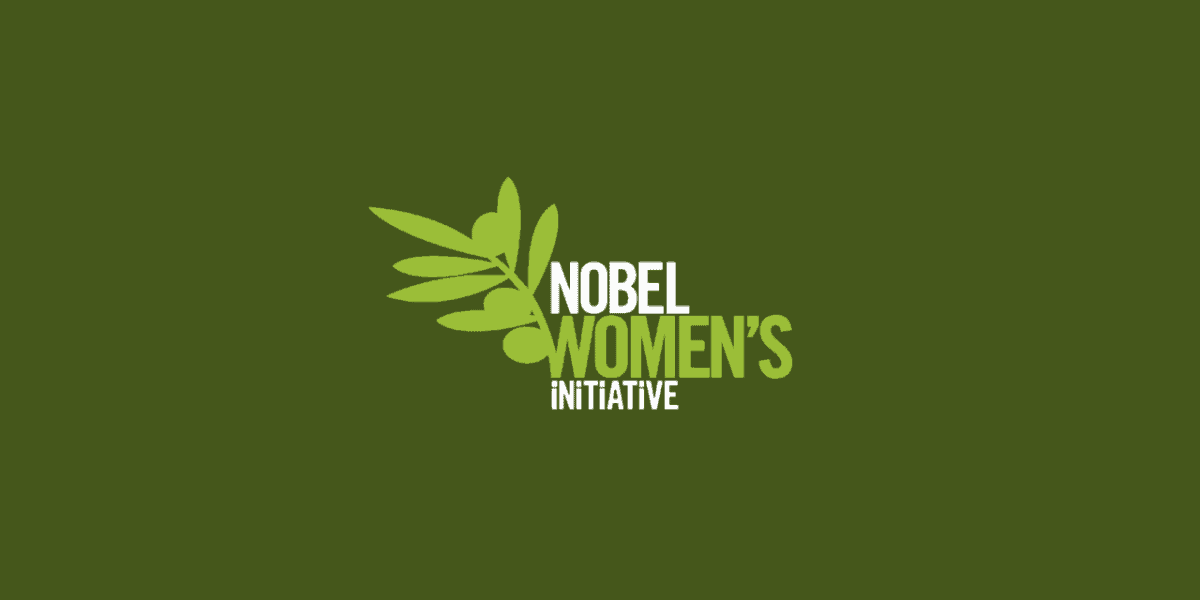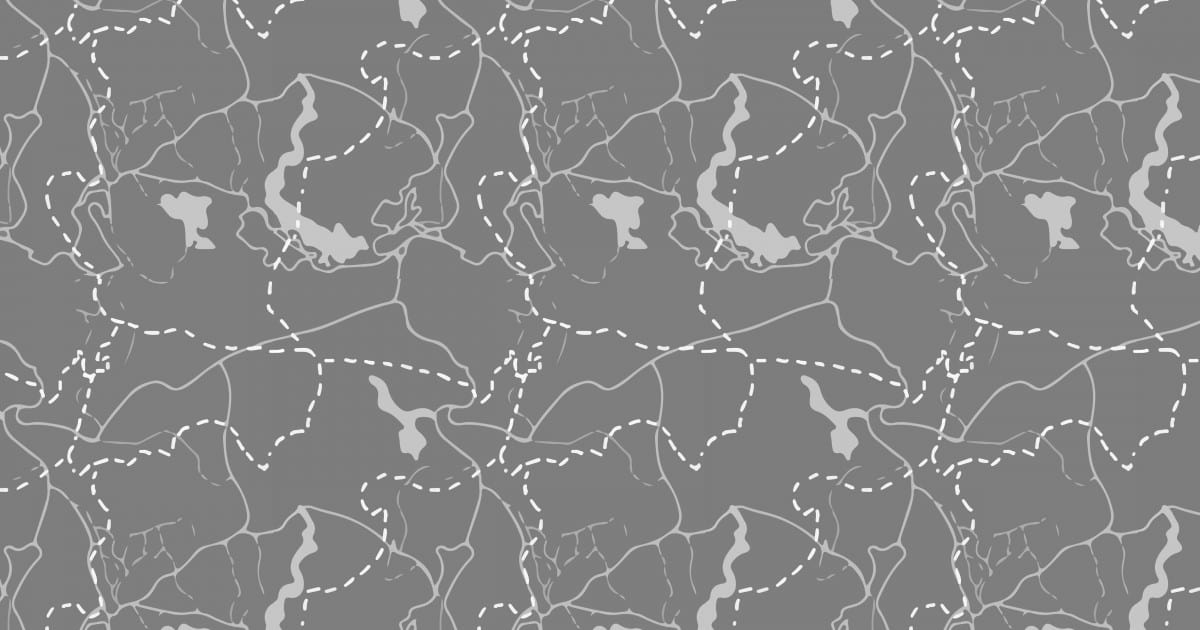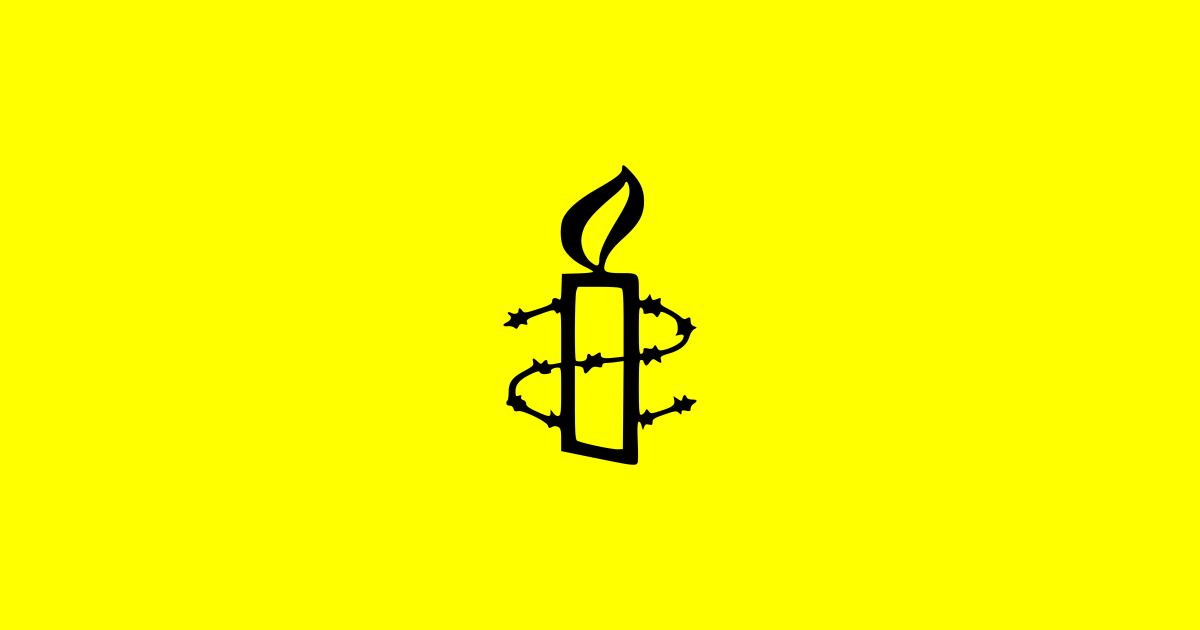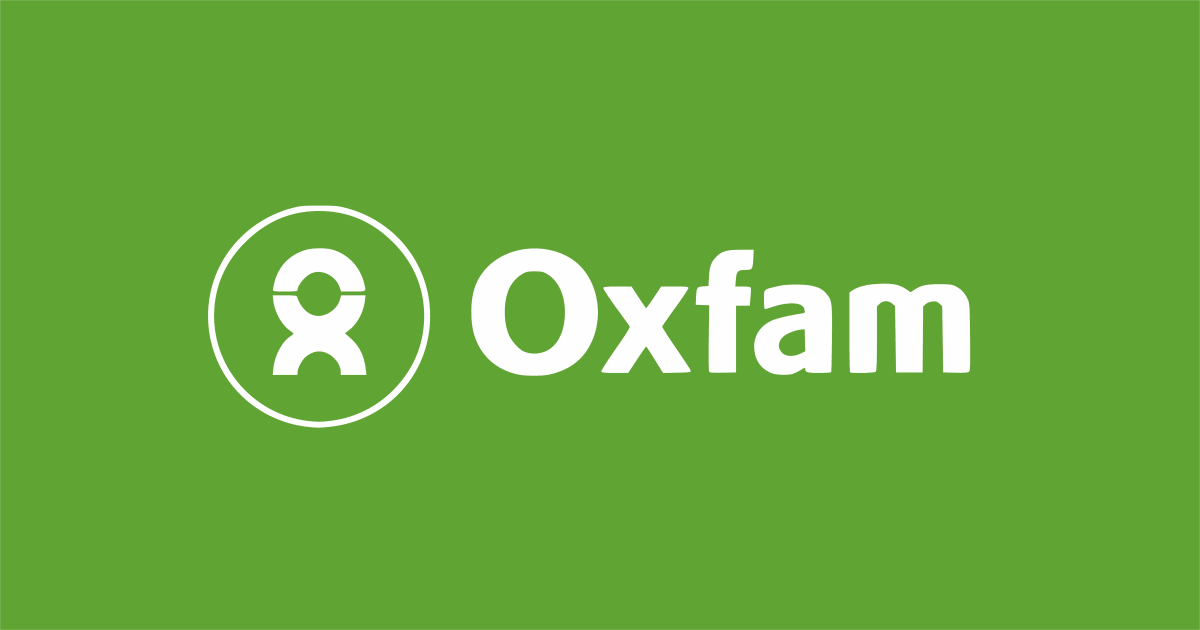For March, in which the Netherlands has the presidency of the UN Security Council, the MAP provides recommendations on Afghanistan, the Democratic Republic of the Congo, Libya, Somalia, and South Sudan.
March
Analysis of Report of the Secretary-General on South Sudan (March 2017)
The current report provides an update on the situation in South Sudan and the implementation of the UNMISS mandate, including recommendations on ways to increase efficiency. This report reverses the trend of decreasing references to the women, peace and security agenda in UNMISS reporting in 2016. Report S/2017/224 includes references to women or gender in almost all sections, with a total of 19 mentions. The report does, however, continue to focus heavily on the women’s protection aspects of the women, peace and security agenda, specifically sexual and gender-based violence, in line with the updated UNMISS mandate in resolution 2327 (2016).
Strengthening Women’s Rights Organizations Through International Assistance
To tap innovative thinking on the global challenge for funding women’s groups, the Nobel Women’s Initiative and The MATCH International Women’s Fund partnered with Global Affairs Canada to convene a workshop to draw on the insights and expertise of panelists from other governments, women’s funds and civil society. This report highlights key learnings and recommendations from the workshop.
Monthly Action Points (MAP) for the Security Council: March 2017
For March, in which the United Kingdom has the presidency of the UN Security Council, the MAP provides recommendations on the situations in Afghanistan, the Democratic Republic of Congo, Colombia, Haiti, Mali, and Yemen.
Women Refugees at Risk in Europe
The report reviews the risks for women refugees as they make the dangerous trek across Europe, highlights civil society organizations working to address the needs of refugee women in creative and innovative ways and outlines the need for better state-led strategies to provide an adequate response to the needs of women.
Monthly Action Points (MAP) for the Security Council: March 2016
For March, in which Angola has the presidency of the UN Security Council, the MAP provides recommendations on the situations in Afghanistan, Democratic Republic of the Congo, Libya, Mali, Somalia, and Conflict Prevention in Africa.
WOMEN, WORK & WAR: Syrian women and the struggle to survive five years of conflict
Five years of war and displacement have triggered fundamental shifts in gender roles and responsibilities, both in Syria and in neighboring countries. As a result of the upheaval, however, Syrian women and men feel that their roles and responsibilities have been reversed: while women increasingly participate in decision-making on income and expenses and assume responsibilities outside the home, men have lost their traditional role as (sole) breadwinner and decision-maker.
Bosnia and Herzegovina: Amnesty International Calls on Bosnia and Herzegovina to Ensure Access to Justice for War Crimes, Including for Victims of Sexual Violence, and provide Adequate Witness Protection
The UN Human Rights Council adopted the outcome of the Universal Periodic Review of Bosnia and Herzegovina on 20 March 2015 during its 28th session. Prior to the adoption of the review outcome, Amnesty International delivered this oral statement and had earlier submitted information on the situation of human rights in Bosnia and Herzegovina:
2015 Civil Society Roadmap on Women, Peace and Security
In its Roadmap ahead of the 15th anniversary of UN Security Council Resolution 1325, the NGO Working Group calls for effective and sustainable mechanisms of preventing and resolving conflict, including concrete action in terms of women’s meaningful participation in all peace and security processes.
Women’s rights: personal testimonies from South Sudan
Cecilia* – Displaced in UN House, Juba
international women day cecilia
Cecilia was born and raised in Bentiu, Upper Nile state in South Sudan. She was expecting her third child when the crisis began in December 2013. In search of safety, Cecilia fled to the UN compound to keep her family safe. In June, she relocated to Juba and is now living in “UN House,” a camp where the UN is providing protection for displaced people. Photo: Stella Madete/Oxfam.
“I had just lost a baby at the UN camp in Bentiu. While I was resting in the clinic, a young lady came up and spoke to me. She said: ‘I know you are suffering, and it is difficult, but you are not alone in this suffering. Many mothers all over the world have felt the same pain. Take courage in knowing that you will be alright.’”
“It is difficult to lose a child, and any mother who has had the misfortune of experiencing it, knows the endless pain. But I am not alone. If there is a problem in South Sudan, then there is a problem in the world, and everyone needs to keep this in mind. The world has grown smaller and we can learn from each other experiences. I now know that a woman has a voice, is equal to a man, and that we can both live in mutual respect.”
*NB: Respondents who are living within a UN Protection of Civilians (PoC) site have had their names changed for safety.
Rebecca Elija – 18 years old, displaced in Melut
international women day rebecca
Rebecca Elija was 10 years old when she last spoke to her mother. Eight years ago, Rebecca moved to South Sudan with her father and little sister, leaving the rest of the family in Khartoum, Sudan. When the conflict broke out in December 2013, the three of them fled to Melut. Although she has been in part of the displaced community in Melut for over a year, Rebecca has not lost sight of her dreams. Photo: Charles Lomodong/Oxfam.
“I wanted to be a doctor but the crisis happened and forced us to move from our homes and postpone our dreams. An experience like this forces you to grow up. When we arrived here, I was surprised when I realised that I had to be in charge and take responsibility for myself and my family.”
“I am always thinking about how peace can come and how soon it can come, so that I can go back home. Here, no one persuades you to go to school, like they did at home, but getting an education is my number one priority.”
Rhoda Ayer Achieng – Oxfam EFSL Assistant, Melut
international women day rhoda
It has been over a year since Rhoda Ayer fled fighting and walked for days to lead her six children to safety in Melut. Since then, she has learnt a lot about patience and hope. Photo credit: Charles Lomodong/Oxfam.
“We face many challenges on a daily basis, and there is not enough help for everyone. People’s bodies, minds and spirits are in a bad state, but we have to be patient here, because the crisis will end.”
“If there is a woman in the same circumstance like me reading this, I urge you to stay focused. Take care of yourself and your children, because things may not be great today, but they will get better.”
“Women need to be women, and to do this, women need freedom. There can only be freedom is there is peace. I am really hoping for something to change, for peace to come, so that we can all go home.”
Aben Yadiu – Youth leader, Melut
international women day a ben
18-year-old Aden Yadiu was flourishing in school before her studies were interrupted by conflict in Bailet, Pigi County. She fled with her young daughter and family to Melut, where they have lived for over a year in a camp for those displaced by the conflict. Aden is a youth leader at the camp. Photo credit: Andrea Campeanu/Oxfam.
“When you are selected as a leader, you have to think about the needs of the people you serve. It is good way to know who is coming and who is going, to make sure everyone is alright. You are expected to lead and so must look at yourself as a leader.”
“I always tell the members of the group that we need to work together, even in the situation we have found ourselves in, and live in peace, because the time will come when we will all go home. We sing songs that remind us about our land, South Sudan, and why we need to take care of it. When we sing these songs, I remember home and long to go back.”
Secure Insecurity
The Democratic Republic of Congo (DRC) used to make international headlines for the conflict that has flared up repeatedly over the past 20 years. When the M23 rebel group was defeated in November 2013, there seemed to be a shift away from these repeated cycles of violence. The country appeared to be turning a corner into a post-conflict phase. However, new research presented in this briefing paper shows that citizens continue to experience widespread exploitation. In many areas they are still vulnerable to brutal violence from armed groups and in some cases from government, including the police, army and local officials.
Monthly Action Points (MAP) for the Security Council: March 2015
For March, in which France has the presidency, the MAP provides recommendations on the situations in Afghanistan, DRC, Libya, South Sudan, and Yemen. The MAP also provides recommendations on the regular implementation of the Women, Peace and Security agenda in the work on the Security Council as well as for the Council’s field mission to Burundi and CAR.

